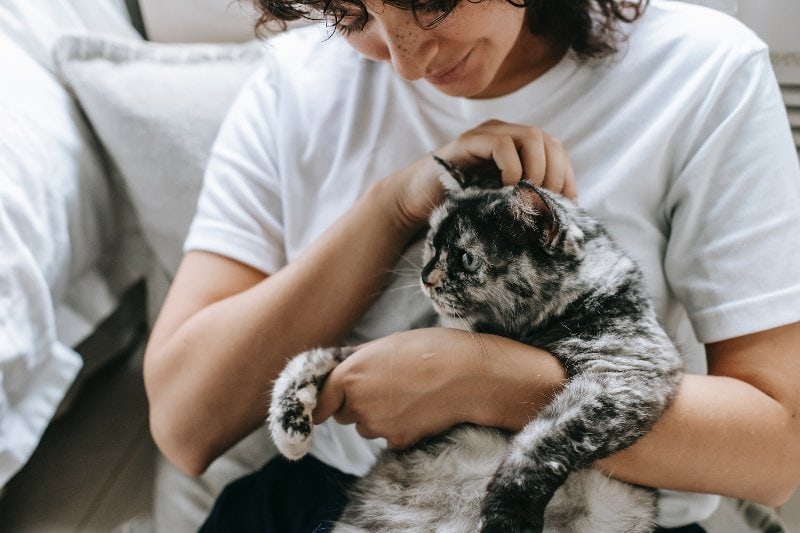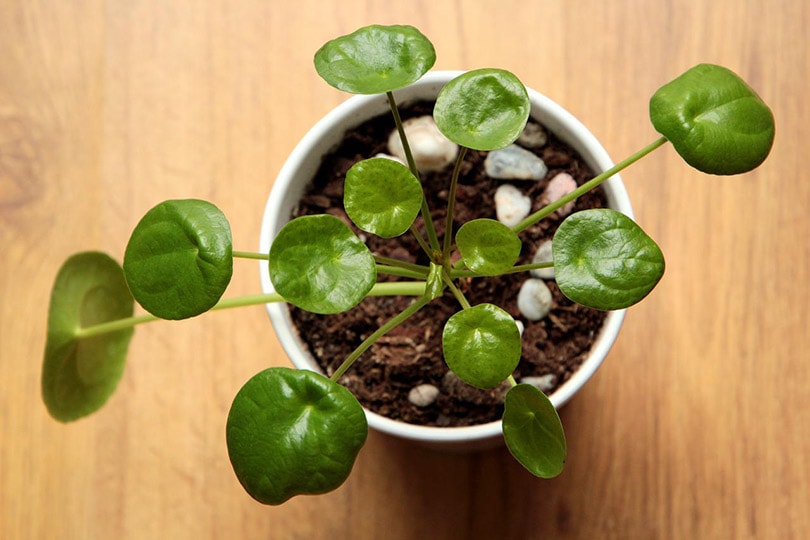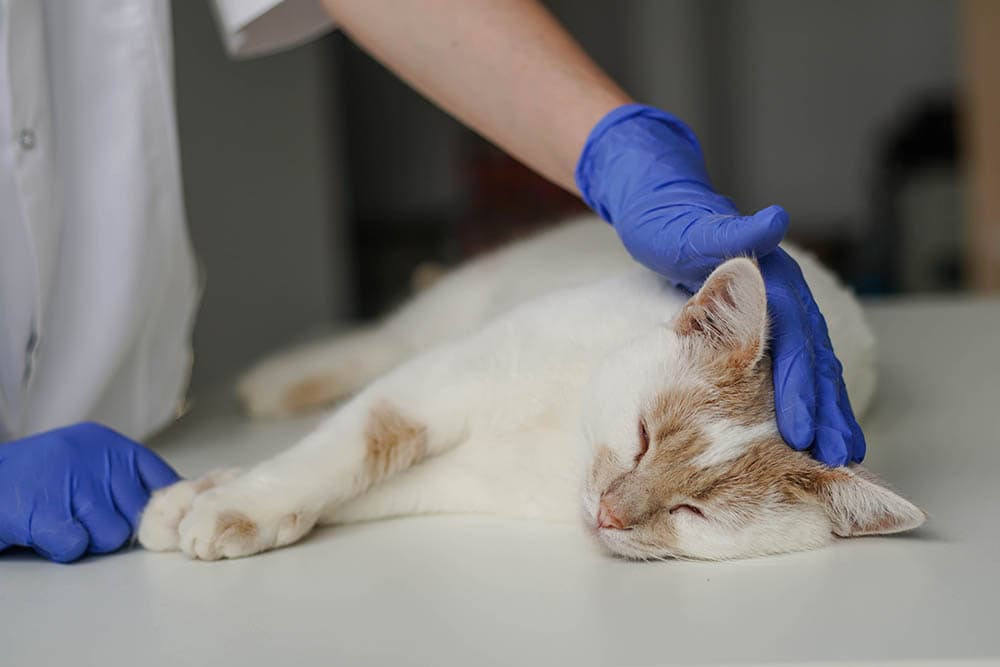Can Cats Eat Squash? Vet Reviewed Facts & FAQ
Updated on
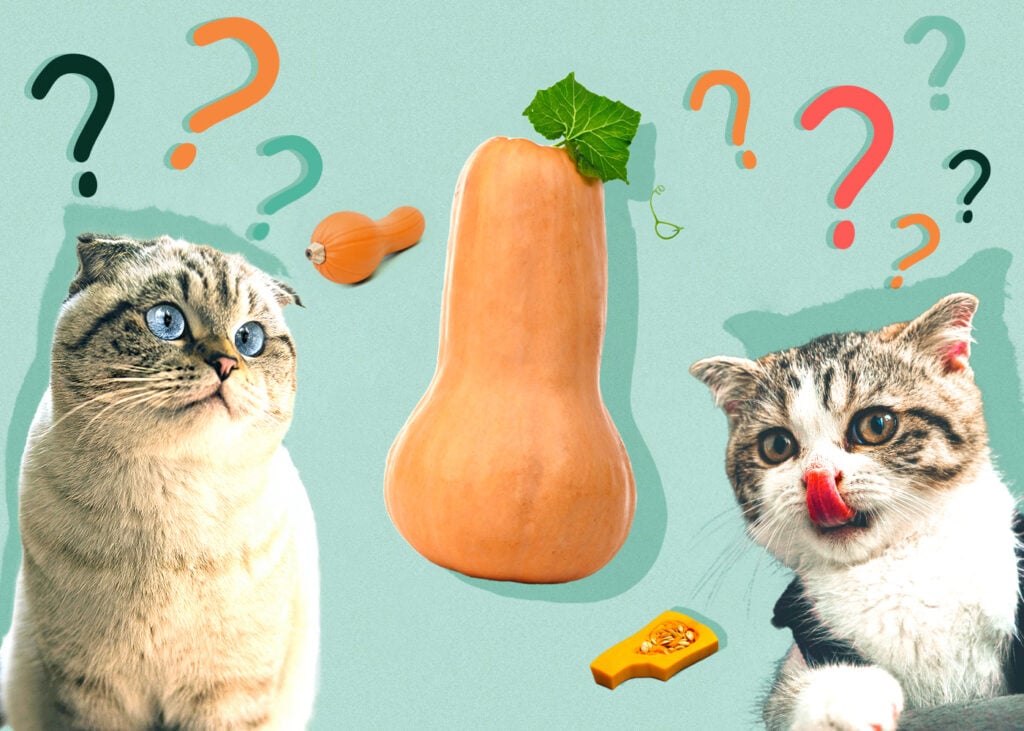
There are several squash varieties for just about any taste and season. It’s a healthy and tasty option that is quite affordable, depending on the variety and time of year. Although many think of squash as a vegetable, it is a fruit. You’ve likely eaten some form of squash before, whether it was zucchini, yellow summer squash, pumpkin, or acorn squash.
Due to the wide availability of squash, you may have wondered if you could share it with your cat. Can cats eat squash? And if so, is it good for them? Yes, cats can eat squash, though it shouldn’t be a regular part of their diets. Here’s what you need to know about giving your cat squash!
Can Cats Eat Squash?
Yes, cats can eat squash! Although cats are carnivores, quite a few fruits and veggies are safe, and squash is on that list. Many cats may not take an interest in squash, so don’t let it hurt your feelings if you serve squash to your cat, and they turn their nose up at it.
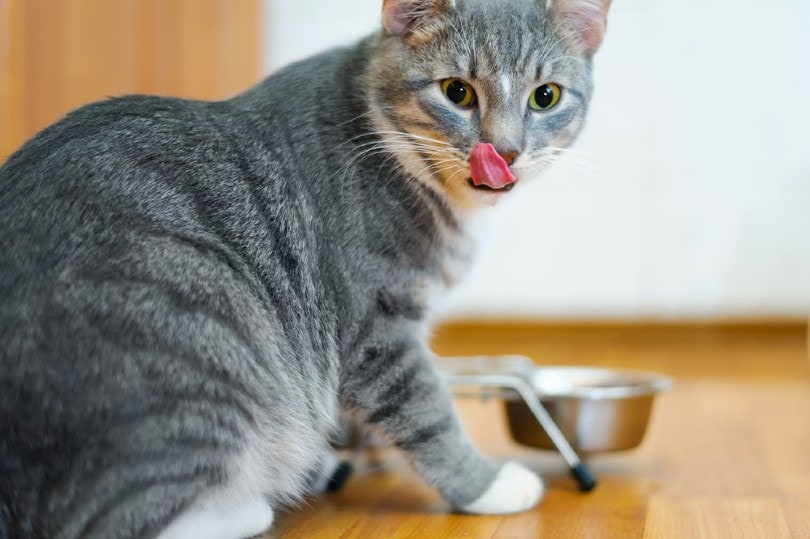
Is Squash Good for Cats?
Squash is suitable for cats, but it’s essential to ensure that you only feed your cat squash that has been prepared safely. Squash that has been roasted or boiled without added salt, oil, and seasonings is safe and healthy for cats. Avoid pumpkin pie filling since it has added sugar and seasonings that are not good for cats.
Different types of squash have different nutrient profiles, and the nutritional benefits may vary. However, most varieties are a good source of vitamin A, vitamin C, folate, fiber, magnesium, copper, calcium, iron, vitamin K, and manganese. They are also high in antioxidants, which help support immunity, and carotenoids, like lycopene and beta-carotene, help support eye health.
Squash is low in calories, and summer squashes contain a high water content. This can help your cat maintain hydration when added to their diet, which is important for many cats since cats, in general, are prone to drinking too little water.
How Much Squash Can I Feed My Cat?
Although squash is very healthy for cats, it is not essential to their daily diet and should only be fed as a treat. Like all treats, squash should not account for more than 10% of your cat’s daily diet.
Only offer squash as a treat as part of a healthy, varied diet. No squash variety contains all of the nutrients that cats need as carnivores, so it’s vital that it is only fed supplementally as a treat and not as a primary part of your cat’s diet. Pumpkin squash is often recommended to help with constipation.
Since squash comes in many shapes and sizes, you can make things interesting for your cat by offering a variety of squashes. Steamed spaghetti squash has a different texture and taste than roasted butternut squash.
Are There Better Options for My Cat?
When it comes to fruits and veggies, not many are better for your cat than squash. However, protein-rich meals are healthier for cats. Boiled or baked lean meats, like chicken or fish, are better for your cat than most fruits and veggies, including squash.
Small portions of dairy products can also be a tasty and enjoyable treat for your cat. Small bites of cheese and yogurt are high enough in protein and fat for cats. Remember that meats and dairy products are much higher in calories than squash, and most cats are lactose intolerant, so feed them even more sparingly than you would squash.
Now that you know what you can safely feed your cat, it’s just as important to find a bowl that supports their health and well-being. With whisker-friendly bowls and a wide tray to catch any spills, our Hepper NomNom Cat Bowl is our favorite option.
Conclusion
Although squash is available in multiple varieties, all varieties of squash that are safe for people are also safe for cats when fed as a treat. However, it should not be part of your cat’s daily diet. Make sure that squash and other treats only account for 10% of your cat’s daily diet since it should not be a part of their primary diet.
Squash is a nutrient-dense food that contains several benefits for your cat like antioxidants to support their immune system. Summer squashes are a great source of water for your cat and can help them stay hydrated if they are prone to chronically drinking too little, which is a big problem for many cats.
See also:
- 10 Types of Homemade Cooked Cat Foods – Easy & Healthy
- Are Cats Obligate Carnivores? Vet Approved Facts & Recommendations
Featured Image Credit: ulleo, Pixabay




